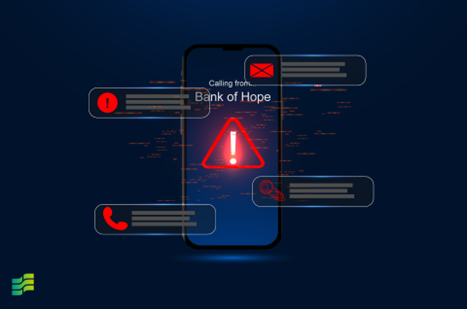Will Getting a Small Business Loan Affect Your Mortgage Approval

 Meg Schutte
Feb 18, 2021
Meg Schutte
Feb 18, 2021

Are you reading this blog in your pajamas? Chances are... yes. Or maybe, you’re in your favorite sweats or go-to COVID outfit. After almost a year of coexisting with our “new” normal and working remotely, many of us are experiencing pandemic fatigue. We’re burnt out, tired of cheerleading ourselves through another day, and living/working in “safe mode.” But the tide is turning. With vaccines now being distributed, we can finally look forward to an end-date to COVID-19 and an eventual return to life as we knew it.
Still, for entrepreneurs who work from home or run an at-home business, as well as remote workers, this is a way of life that, in fact, many prefer. Going forward, many companies will continue to offer work-at-home or hybrid home/office options, with employees coming in 2 or 3 days a week. Whatever your work set-up, you still have to navigate all your personal responsibilities. Between child/elder/pet care, distance learning, household chores, exercising, connecting with family and friends – and don’t forget scheduling “me” time – it’s essential to maintain a good work/life balance for your emotional and physical well-being.
Happier at Home, Happier at Work
There are many advantages to working remotely: freedom, flexibility, owning more of your day, and more family togetherness. Commutes have been put on hold, along with related costs and road/rail/bus stress, giving you back a big part of your day. Not to mention being all-around better for the environment. Employers have seen that at-home-work and flexible schedules can result in increased productivity, better efficiencies, and happier employees. Thanks to the pandemic, companies are now more focused on work/life balance and many are employing strategies and digital tools to track and support the well-being of remote workers. And you have to do your part, too.
Set Boundaries: Take Control of Your Time
With so many boundaries blurred in our lives these days, it can be super challenging to go from ON to OFF when working at home. But not unplugging isn’t good for your health, your mental well-being, nor your relationships with anyone else in your home: spouse, partner, parents, roommates, children, and pets. Even if you live alone, you have to define the work day for yourself. Everyone needs that downtime to unwind and focus on their own needs.
People approach at-home working in a variety of ways. Some wake up, shower, dress, and put on makeup, as if they’re going into a real office. (A great way to show your best self with all the current video conferences.) Others sit at their makeshift desks in comfortable bottoms with Zoom-worthy tops. And there are those who reach the end of the day surprised to find themselves still in pajamas. No judgement – it happens to the best of us.
Establish routines and rules that work for you:

Keep Yourself Motivated: Mix Up Daily Routines
Feel like it’s Groundhog Day? Find yourself saying: “Didn’t I just do this?” Unable to muster a smile for another video call? You’re not alone. The day-to-day of working at home, without the normal distractions and sociability of the office, can weigh you down. But the alarm still goes off in the morning and you’ve got to ramp up for another workday. Changing up your routine can infuse you with a renewed sense of purpose:
Move, Move, Move!
One of the pluses of being at home is that you are no longer tied to your desk or a cubicle. You can move freely – and should do so often. It not only ups your exercise for the day, but is good for your health, as studies have proved sitting for prolonged periods of time can be bad for you. So make it a priority:

Take Breaks: Reset Your Mind for a More Product Workday
What most of us have learned this past year is that 9 to 5 can quickly become all-day-long, as we log on upon awakening, respond to late night texts, or refresh inboxes before bed. And non-stop video meetings can leave you bleary-eyed and exhausted. Building in breaks – even just 15 minutes – can reset your day, freeing your mind to come up with fresh ideas:
Feeling Off Balance? Reach Out for Help.
If you’re having difficulty, feeling depressed or stressed, or overwhelmed with balancing work with other responsibilities, talk to your manager or reach out to Human Resources and let them know how you’re feeling. COVID learnings and employer policies are changing daily and there might be a solution to help you cope better. Ask your healthcare provider about any mental health or well-being counseling that’s available to you.
At the end of the day (both for work and personally), it’s about finding the right balance for you.
Meg Schutte is a Bank of Hope Blog contributor.
The views and opinions expressed in this article do not necessarily represent the views and opinions of Bank of Hope.


